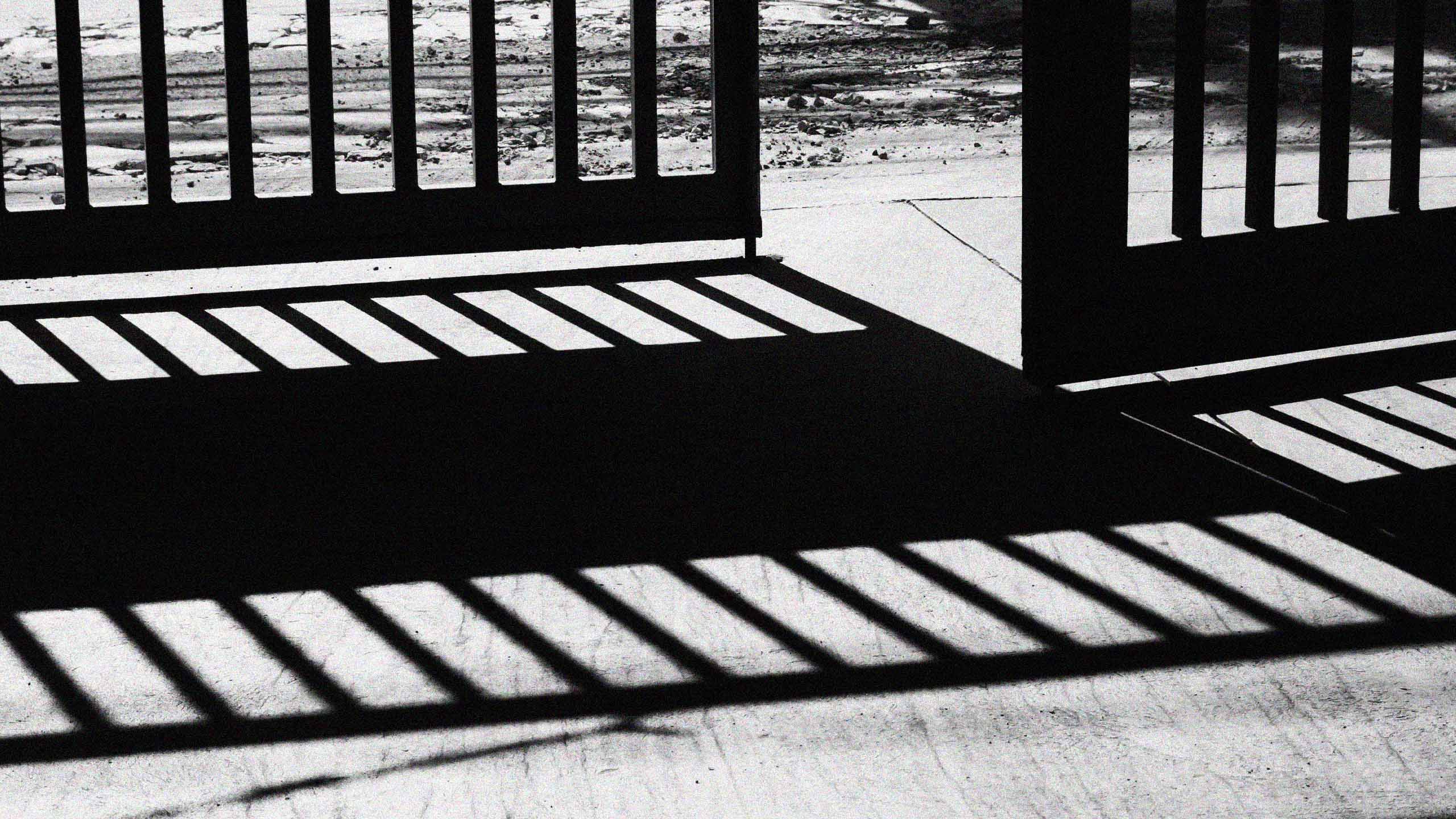A team of lawyers is challenging a government policy that they say is “unnecessarily degrading” and exposes extremely private information of gender-diverse people in prison.
On Wednesday, lawyers from Prisoners’ Legal Services (PLS), a clinic in British Columbia, filed a human rights complaint on behalf of Fallon Aubee, a 63-year-old Indigenous trans woman who is currently incarcerated at Fraser Valley Institution for women in Abbotsford, British Columbia.
According to the complaint, Aubee is a residential school survivor who previously spent 16 years behind bars in institutions designated for men. During this time, she alleges to have experienced physical and sexual harassment and violence on account of her gender identity.
In 2017, Aubee was finally transferred to a women’s institution after successfully changing the gender marker on her birth certificate and undergoing a legal name change. However, despite these adjustments, she alleges that Correctional Service Canada (CSC) refuses to recognize her gender identity in its electronic systems because she has not had gender-affirming surgery on her genitals. As a result, Aubee says that her file in the government’s Offender Management System (OMS) and her electronic medical records continue to categorize her as male.”
“Seeing CSC continue to classify me as ‘male’ makes me feel like they are erasing my identity as a woman,” Aubee says in her complaint to the Canadian Human Rights Commission. “Those four letters are a constant reminder that CSC does not view me as an equal to other women. Classifying me as ‘male’ also violates my privacy and dignity, since it reveals intimate details about my body in a very public way.
“I am challenging this policy not just for myself, but for all transgender people in CSC custody,” she adds.
The policy Aubee references was implemented by CSC in May 2022 and states: “The ‘sex’ of an offender is determined solely by their current genitalia.” It goes on to specify that “an offender’s sex code in OMS will not change unless the offender undergoes gender-affirming surgery involving a change to their genitalia.”
Although Aubee has been cleared for gender-affirming surgery, she says a heart condition has impacted her ability to proceed with the procedure. Despite this, she maintains that “there is no reason for CSC to display sex information in OMS or other electronic identification systems at all.”
Up until 2017, people convicted of crimes in Canada were assigned to a men’s or women’s prison based on their genitalia, but that changed after Parliament passed Bill C-16, which amended the Canadian Human Rights Act to add gender identity and gender expression to the list of prohibited grounds of discrimination.
As a result, CSC implemented an interim policy that was finalized in May 2022. Advocates welcomed the long-awaited changes to CSC’s protocol, but lawyers like Jessica Magonet from PLS suggest that some sections of this new policy are still discriminatory.
“People may not want to get bottom surgery for all sorts of reasons, [but] that doesn’t mean they’re not trans,” Magonet explains in a phone interview with Xtra. “People with disabilities may also be less likely to get it due to health concerns.
“[Aubee] has a heart condition that could impact her ability to proceed with bottom surgery. So from her perspective, it’s both discrimination on the basis of gender identity, but also on the basis of disability,” she adds.
When asked about Aubee’s human rights complaint, a spokesperson for CSC tells Xtra, “While we cannot comment on specific cases, the Correctional Service of Canada is committed to ensuring that gender-diverse offenders, including persons who identify as transgender or as Two-Spirit, are given the same protections, dignity and rights as other offenders under our care, custody and supervision.”
They add, “We are committed to building a safe, inclusive, and respectful environment for everyone, consistent with the requirements of the Corrections and Conditional Release Act (CCRA), and the Canadian Human Rights Act (CHRA), and have put measures in place to meet this commitment.”
According to an internal study CSC released to the public earlier this year, there were at least 99 gender-diverse people in federal custody between Dec. 27, 2017, and March 13, 2020. This represents 0.4 percent of the general prison population at the federal level.
Researchers noted that gender-diverse people in prison are “a heterogeneous group with high static risk and dynamic need.” They also found that trans women were the largest cohort representing 62 percent of gender-diverse people in federal custody, followed by 21 percent of trans men and 17 percent who chose “other.”
As CSC continues to gain more insight into the issues and needs of gender-diverse people who are incarcerated, advocates continue to move the needle and implore the government to make swift changes.
“The real issue is that this policy is outing trans people who have not had gender confirmation surgery,” Magonet explains. “This can expose them to risk of harassment and retaliation by employees within CSC. If this information gets into the hands of other incarcerated people, they could be subject to violence and harassment from them as well.”
She adds, “It’s exposing extremely private information of trans folks in prison, without their consent and against their will.”


 Why you can trust Xtra
Why you can trust Xtra


